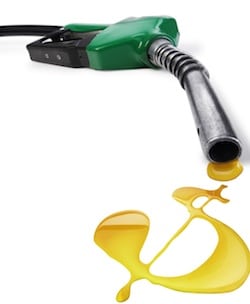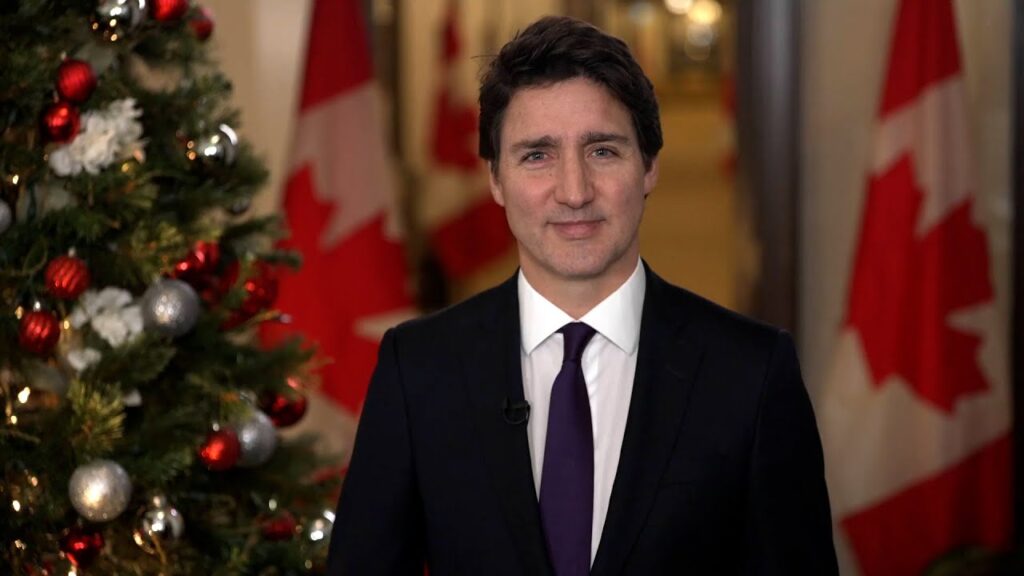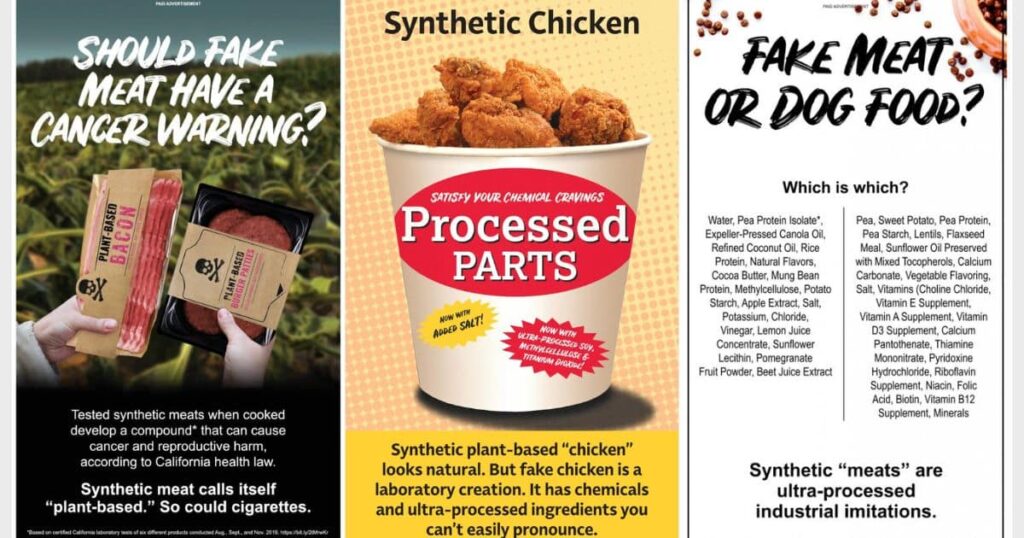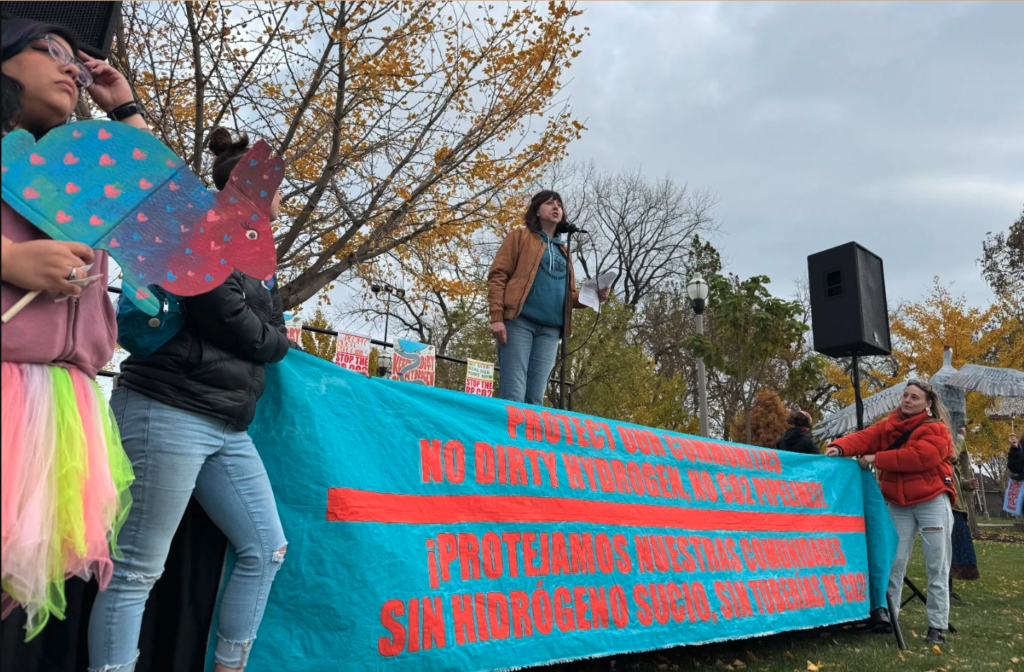A proposed rule by the Obama Administration to raise fuel economy standards for cars and “light-trucks” is facing mounting attacks by Republican lawmakers. The proposed rule would require all newly manufactured automobiles that fall under the car or light truck category to achieve a minimum gas mileage of 54.5 miles per gallon by the year 2025.
The crusade against the new CAFE standards is being led by Republican Darrell Issa, the chairman of the House Committee on Oversight and Government Reform. Issa claims that the new standards amount to “coercion” of the auto industry. Rep. Issa has received more than $188,000 from the oil industry during his career, according to the Center for Responsive Politics.
Issa’s statements show how out of touch he truly is with both economics and business, as the new standards were the result of cooperation between the Obama Administration and the auto industry itself.
The new fuel economy standards have been approved by Ford, GM, Chrysler, BMW, Honda, Hyundai, Jaguar, Land Rover, Kia, Mazda, Mitsubishi, Nissan, Toyota and Volvo, who together control 90% of the United States’ auto sales market.
U.S. News and World Report details the contention over the standards, as well as the benefits for consumers:
Fuel economy standards have become a surprising example of tougher government rules that benefit practically everybody. In 2007, the Bush administration raised the gas mileage requirements automakers had to meet. Then in 2009, the Obama administration raised them further. Those rules, which are about to be finalized in detail, will require each automaker’s fleet to average a lofty 54.5 miles per gallon by 2025—roughly double the mileage requirement of just five years ago.
The aggressive new standards are controversial, especially among Republicans opposed to activist government. GOP presidential contender Mitt Romney, for one, characterizes the new rules as just another effort to “insert the federal government into the life of the private sector.” He has suggested that if elected, he’ll roll back or even seek to eliminate federal mileage standards.
Yet so far, the new mileage rules have generated tangible benefits for consumers, with few of the downsides opponents have predicted. “Without a doubt, the new rules have been a win-win for everybody,” says Jesse Toprak, of the car-research site TrueCar.com. “It’s a win for consumers, a win for manufacturers, and a win for the environment.”
Boosting fuel economy by four or five miles per gallon might not sound earth-shattering—until you bank the savings. A 5 mpg improvement would save about $525 per year for a motorist who drives 15,000 miles annually, if gas were at $3.50 per gallon. With gas at $4 per gallon, the savings would amount to $600 per year.
But the benefits of the new standards extend far beyond personal bank accounts. Reports show that the new fuel standards would create an estimated 700,000 new American jobs.
Republicans like Darrell Issa claim that the $192 billion price tag that the standards impose on industry is too lofty to incur right now, but that view is incredibly short-sighted and dishonest.
The new standards will save a projected $1.7 trillion for U.S. consumers by the time of full implementation, meaning that the investment will pay off tenfold. Additionally, by the year 2025, reports show that consumers will be saving an average of $8,000 a year per vehicle.
Issa is not alone in his crusade against the new standards. Joining him in the fight is Republican Representative Mike Kelly from Pennsylvania, who happens to have amassed his $11.9 million personal fortune from the car dealerships that he owns in Pennsylvania. Kelly made the following statement about the new standards: “The new CAFE standards will limit choice, compromise safety, and increase costs to millions of Americans.”
Unfortunately for Kelly, there are no numbers or statistics to back up any of these claims, particularly his statement about compromising the safety of consumers. Safety and fuel economy aren’t two things that are directly related, so it would be interesting to find out where he pulled that from.
Again, all of the major automobile makers have signed onto the new standards, and agree they are necessary to save consumers money, to help their businesses survive in a competitive economy, and to help reduce air pollution emissions.
The only people who stand against the new standards are the politicians beholden to the dirty energy industry.
Subscribe to our newsletter
Stay up to date with DeSmog news and alerts







